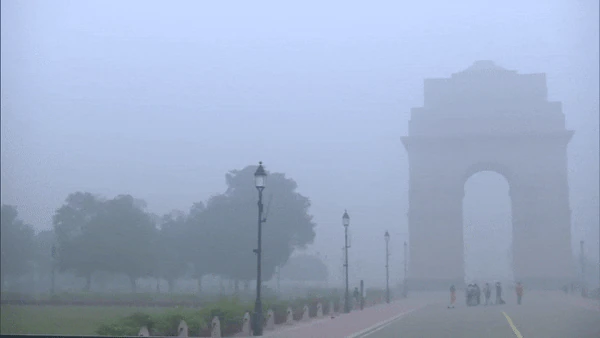The authorities in the national capital have informed the Delhi High Court that they have constructed over 100 toilets exclusively for transgender individuals. The counsel for the social welfare department informed the court that a total of 102 such toilets have been built, with an additional 194 currently under construction. They assured the court that further action would be taken promptly.
The counsel for the New Delhi Municipal Council (NDMC), which operates under the Union Ministry of Home Affairs, stated that 12 toilets for transgender individuals are currently operational in their jurisdiction, commonly referred to as Lutyens’ Delhi. Additionally, tenders for the construction of 79 more have been awarded.
This information was provided during the hearing of a PIL filed by Jasmine Kaur Chhabra, which sought directions for the construction of separate washrooms for the third gender. The petitioner argued that the absence of such facilities puts the transgender population at risk of sexual assault and harassment.
The court, having previously ordered the swift construction of public toilets for transgender individuals, expressed satisfaction with the progress made by the authorities and stated that it will issue a final order on the petition. The bench, presided over by Chief Justice Satish Chandra Sharma and Justice Sanjeev Narula, indicated that they would conclude the matter.
On March 14, the high court had warned that if its directive for the construction of public toilets for transgenders was not adhered to, it would require city officials to appear personally before the court. The court had noted that, according to the status report submitted by the city government, while the construction process was underway, no toilets were yet complete.
The PIL highlighted that since the transgender community constitutes 7-8 percent of the total population, it is imperative for authorities to provide them with proper toilet facilities and ensure their equal treatment. The petition also pointed out that cities like Mysore, Bhopal, and Ludhiana have already taken steps to build separate public washrooms for transgender individuals, but the national capital has been slow to implement such initiatives.
The petition emphasized that the lack of separate toilet facilities for transgenders leads them to use male toilets, where they are vulnerable to sexual assault and harassment. This, the petition argues, constitutes discrimination based on sexual orientation or gender identity, violating Article 14 of the Constitution. It also noted that individuals, including men, women, and transgenders, feel uncomfortable and hesitant when the third gender uses washrooms designed for others, which further infringes on the right to privacy of the third gender.
Last year, the Delhi government informed the high court that 505 toilets designated for persons with disabilities have been made available for transgender individuals, and efforts were being made to fast-track the creation of separate washrooms for them. The high court had previously advised the government that in any new public spaces being developed, there should be separate toilets for transgenders.




